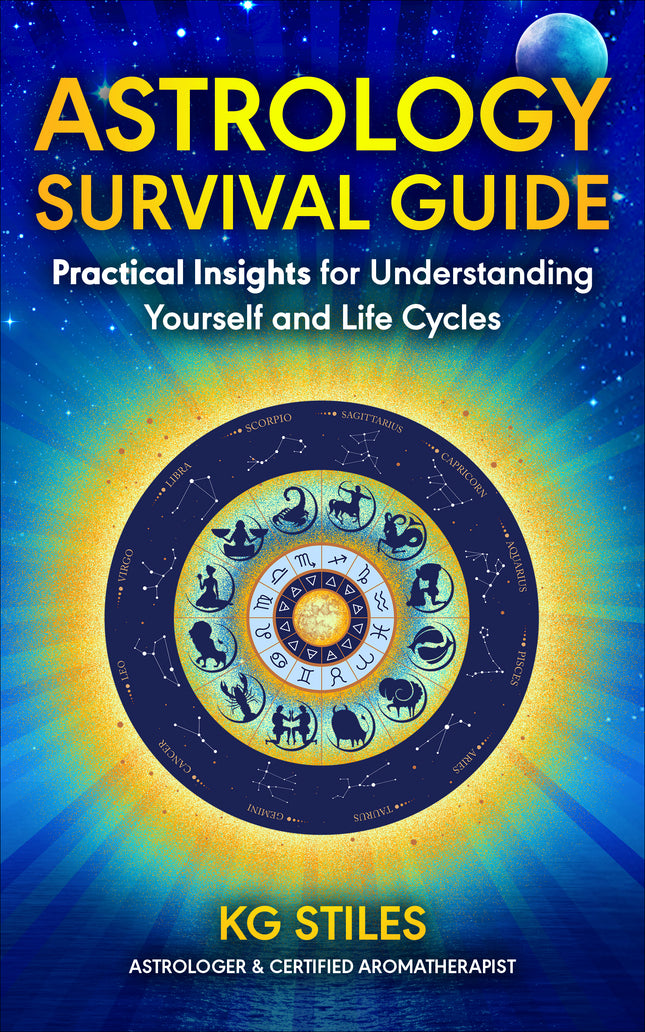 Psycho-emotional aromatherapy is one of the areas of health for which essential oils have been researched and used with great success.
Psycho-emotional aromatherapy is one of the areas of health for which essential oils have been researched and used with great success.
In this series of blogs I'll be introducing you to the 'Super Oils' to Use for Psycho-emotional Pain and Discomfort.
Motivation is a very common psycho-emotional complaint. Issues associated with loss of motivation include:
Lethargy, boredom, issues of low self worth and self esteem, impaired immune function, lowered state of mood and depression.
Motivation Research
There are many types of research that look at ‘what’ people do, but the most intriguing research is into ‘why’ people are motivated to do what they do.
Getting and staying motivated is a huge concern for many of us. Lack of motivation has reached a crisis point for many in the home, in relationships and in the marketplace. For many of us reaching for a cup coffee seems to answer our need for motivation.
A recent Gallup report, published in Inc. revealed that 70% of the workforce is working below their full potential, Additionally, the study showed that an astonishing 52% of the workforce are basically "sleep walking through their day."
Given these alarming statistics on human behavior in the workplace, It should come as no surprise that most of the information gathered on the ‘motives’ driving human behavior is used by employers to understand and influence human behavior.
It’s well known that people are, more often than not, completely unaware of their own motivations and exactly what motivates them.
In recent years, Google has set the bar for attracting and hiring managers who understand human nature and how to motivate people to take consistent action to meet company objectives.
Even so, the statistics for achieving this high standard of excellence in the workplace are astronomically low. Only 1 in 10 people can consistently inspire and motivate people to do their best. Finding talent like this is extremely rare!
There are many schools of thought about what motivates a person. Abraham Maslow proposed that motivation comes from a person's desire to fulfill five basic needs: physiological (food, water, shelter, clothing, sleep), safety, social, esteem and self-actualization.
This seems a rather mechanistic way to try to understand human behavior. Certainly, it’s true we all have basic needs we want fulfilled, but this 'needs based' approach is primarily an outside in look at what makes for a satisfying and rewarding life.
Science has discovered that motivation has a deeper root stimulus. Intrinsic motivation is being shown to have a far greater influence on human behavior than basic needs. An internal source for your motivation has a more far reaching effect when it comes to your accomplishments and satisfaction in life.
Scientific studies now show that our key source of 'intrinsic' motivation comes from the inner workings of our chemistry. The chemical dopamine has been found to play a key role in motivating human behavior, though other neurotransmitters also play a role.
Essentially, dopamine is released when your brain recognizes that something important is about to happen. You become alert, awake to the present moment and prepared to take action.
The particular pathway that dopamine takes also plays a part in motivation. The mesolimbic pathway, which comes from the middle of the brain and branches to various places like the cerebral cortex, is the most important reward pathway in the brain.
Essential oils are one of the quickest and most effective ways to trigger dopamine receptors to release dopamine into the mesolimbic brain pathway. Studies published in PubMed showed altered dopamine receptor sites after administration of lavender oil which induced behavioral change in mice.
Through inhalation, essential oils trigger neurotransmitters that carry chemical messengers (like dopamine) that play out in the brain and affect your entire body.
How to Boost Dopamine Naturally
- Eat foods rich in tyrosine, an amino acid essential for synthesis of some hormones like dopamine. Tyrosine is found in beef, lamb, fish, eggs, chicken, nuts, dairy, beans.
- Exercise regularly.
- Meditation.
- Massage.
- Sleep.
- Listen to music.
- Essential Oils.
Essential Oils (Super Oils for Motivation)
Click on each oil to find out more.
Grapefruit (Citrus paradisi) - stimulates feelings of euphoria.
Rosemary (Rosmarinus officinalis) - ancient first aid oil, powerful restorative, purification and healing.
Peppermint (Menta x piperita) - Better than coffee as a stimulant.
Lemongrass (Cymbopogon citratus) - Refreshes and renews your life energies. Clears negative blockages.
Eucalyptus (Eucalyptus radiata & globulus) - Clears congested energy. Promotes fresh thoughts and ideas.
Thyme (Thymus ct vulgaris) - Dynamic, fresh and radiant. Believed to bring courage to the one using it.
One research study published in PubMed showed that the combination of EOs from R. officinalis (Rosemary) and M. piperita (Peppermint) were reported to increase locomotor activity, motivation, vigor, stimulate cerebral cortex, increase mood, relaxation and alertness.
One of the greatest health concerns associated with loss of motivation (and low dopamine) is depression. Depression affects more than 350 million people worldwide.
Today, aromatherapy is one of the most popular CAM therapies chosen by people with depression. Due to the growing popularity of aromatherapy for alleviating depressive symptoms, an in-depth evaluation of the evidence-based clinical efficacy of aromatherapy was undertaken. A systematic database search was carried out in 5 databases: AMED, CINHAL, CCRCT, MEDLINE, and PsycINFO.
Results. Twelve randomized controlled trials were included and two administration methods for the aromatherapy intervention including inhaled aromatherapy (5 studies) and massage aromatherapy (7 studies) were identified.
Conclusions. Aromatherapy showed potential to be used as an effective therapeutic option for the relief of depressive symptoms in a wide variety of subjects. Particularly, aromatherapy massage showed to have more beneficial effects than inhalation aromatherapy.





Leave a comment